The novel Blood Meridian can simply never be made into a movie. It’s cursed. Adaptation attempts have all failed for 40 years, and now, while in the midst of working on the script for an upcoming film version of what many consider his most violently beautiful book, the prolific author, Cormac McCarthy, has died at 89.
McCarthy gave us some of modern literature’s darkest and most important tomes about dark corners of the American psyche and history that nobody else seemed interested in writing about. He was a recluse who focused on tales from Appalachia and the Southwest, and who gave us The Road, No Country for Old Men, All the Pretty Horses, and, of course, Blood Meridian.
McCarthy died at his home in Santa Fe, New Mexico, on June 13, 2023. His son John confirmed his passing through his longtime publisher, Knopf.
“You can find meanness in the least of creatures, but when God made man the devil was at his elbow. A creature that can do anything. Make a machine. And a machine to make the machine. And evil that can run itself a thousand years, no need to tend it.”
—Cormac McCarthy, Blood Meridian
When I first read it, Meridian cut me in a way I didn’t think was possible. It was so honest, so brutal, so bloody and ugly and poetic. The style was frugal and unadorned, and the story was ragged and heartbreaking in a way that truly mimics real life. McCarthy’s darkness and the way he thought about humanity spoke to me the same way it spoke to so many others who have lost themselves in his pages and come out the other end a little scarred.
McCarthy didn’t play the game; he wasn’t about speaking engagements, book signings, or readings. So, he never got as famous as some authors did — but that didn’t stop people from reading his work, nor did it stop the folks who bestow Pulitzer Prizes on word scribblers from selecting McCarthy for a big P of his own in 2007 for The Road. That’s when most would say he finally hit the mainstream.
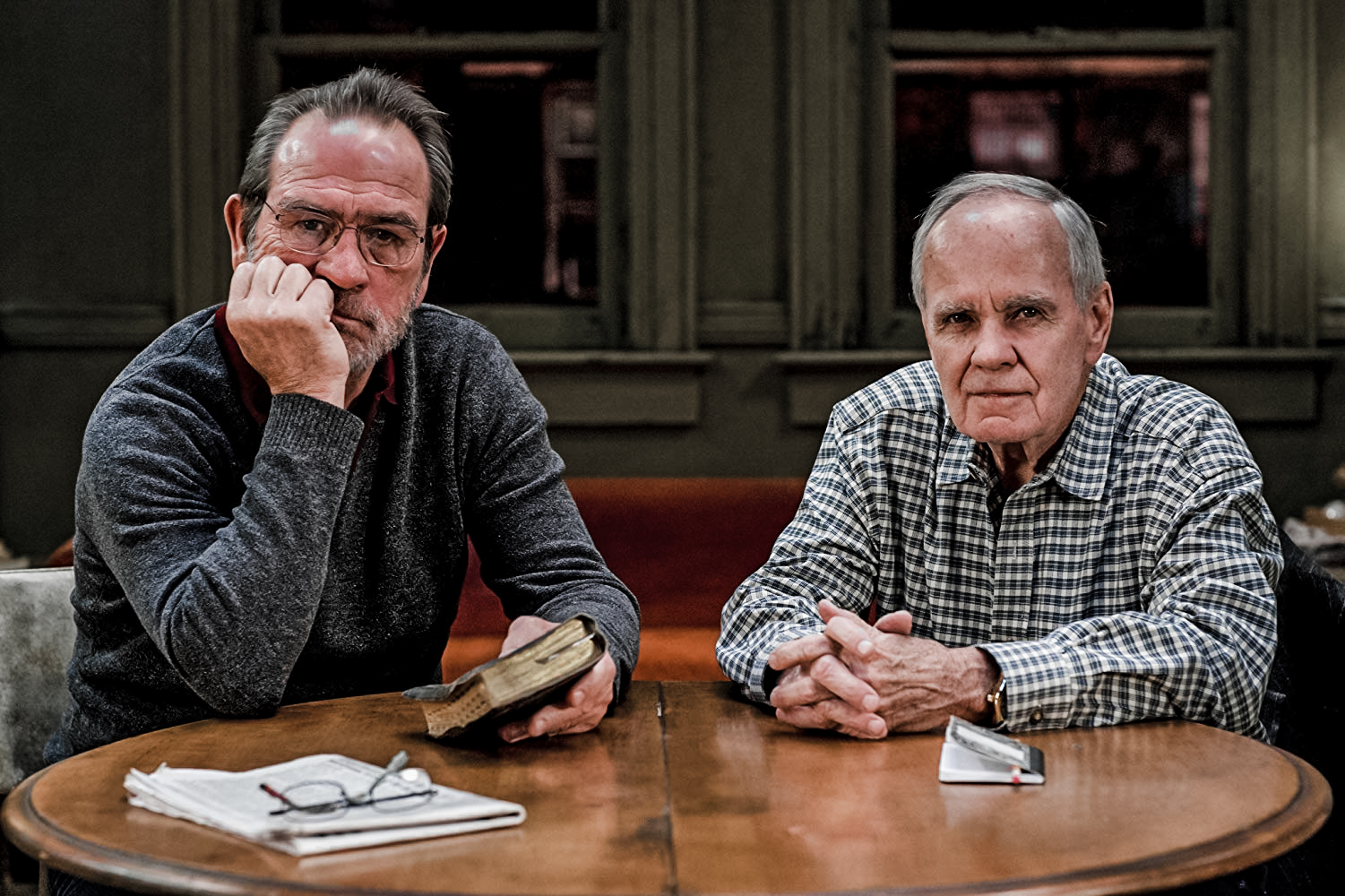
After that, No Country was made into a landmark Oscar-winning film by the Coen brothers in 2007, and The Road got a movie version of its own that was almost as bleak as the novel in 2009. Meanwhile, people rediscovered the 2000 movie version of Horses.
But Blood Meridian remained elusive. Many wanted to make the movie, but it seemed nobody could figure out exactly how to do that. How could you depict the events in the novel and get it by the MPAA with anything but an NC-17 or X rating or without watering down the content? How could this viciously nihilistic novel that some dubbed an “anti-Western” from 1985 be made into a film contemporary audiences would actually want to watch, even out of grim curiosity?
I loved the book, but the prospect of being locked in the dark with this story blow-for-blow in brutal color and surround sound makes me squirm a little.
“It makes no difference what men think of war, said the judge. War endures.”
—Cormac McCarthy, Blood Meridian
The story is set on the American frontier with little context and follows a teen gunman, who is only ever called “the kid,” as he rides with the Glanton gang, scalp-hunters who chased down and slaughtered Native Americans along the U.S. and Mexico borderlands from 1849 to 1859 with the grim goal of collecting the bounties on their scalps, and to do murder. It all eventually degenerates into a banal brand of evil that makes the blood frosty.
And the ending — well, the ending isn’t exactly uplifting.
Over the decades, there has been a pile of attempts to get this book on the screen, and in April 2023, it looked like it would finally happen. New Regency announced it would produce Blood Meridian with McCarthy and his son John serving as executive producers and John Hillcoat directing. It was more recently announced that McCarthy himself would be working on the screenplay adaptation.
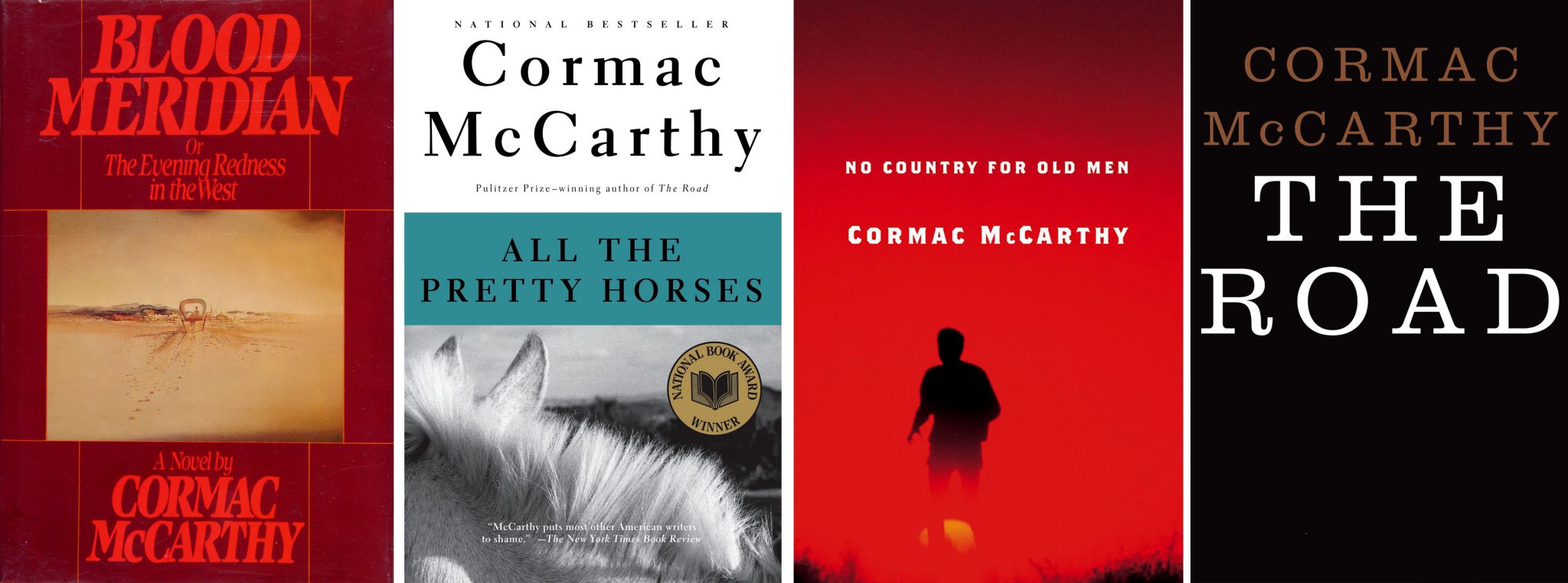
His death may throw a wrench in those plans — who knows if they will even continue with the film at all — and it has deprived the world of a macabre literary voice that nobody alive today is likely to see again.
McCarthy wasn’t without his detractors. Some called his books unnecessarily bleak and criticized their frequent lack of female characters, let alone strong ones, along with his tendency to seemingly relish the violence he described on the page with so much brain-searing detail. Others thought he was portentous — but what writer hasn’t heard that?
Most of those criticisms came in his early career. After Horses, he entered a new phase and his vibe changed. His prose became more stripped-down in terms of style and punctuation. It was his first best seller, and a fairly optimistic book, which created a portrait of the American cowboy that hadn’t been seen before.
“If the rule you followed brought you to this, of what use was the rule?”
—Cormac McCarthy, No Country for Old Men
His style only became more stripped-down in subsequent novels. Some of his books include entire sections of quotes written in Spanish with no translation or attribution. It might take a little effort for those who don’t habla, but it’s worth it.
With the staggering success of the No Country film, Cormac McCarthy became the household name he always deserved to be. Now, he takes his place in the annals of dead American wordsmiths whose work will be read and analyzed for far longer than they were ever alive, right beside Faulkner, Steinbeck, and Hemingway.
READ NEXT – Climbing Movies: The Best and Worst of All Time



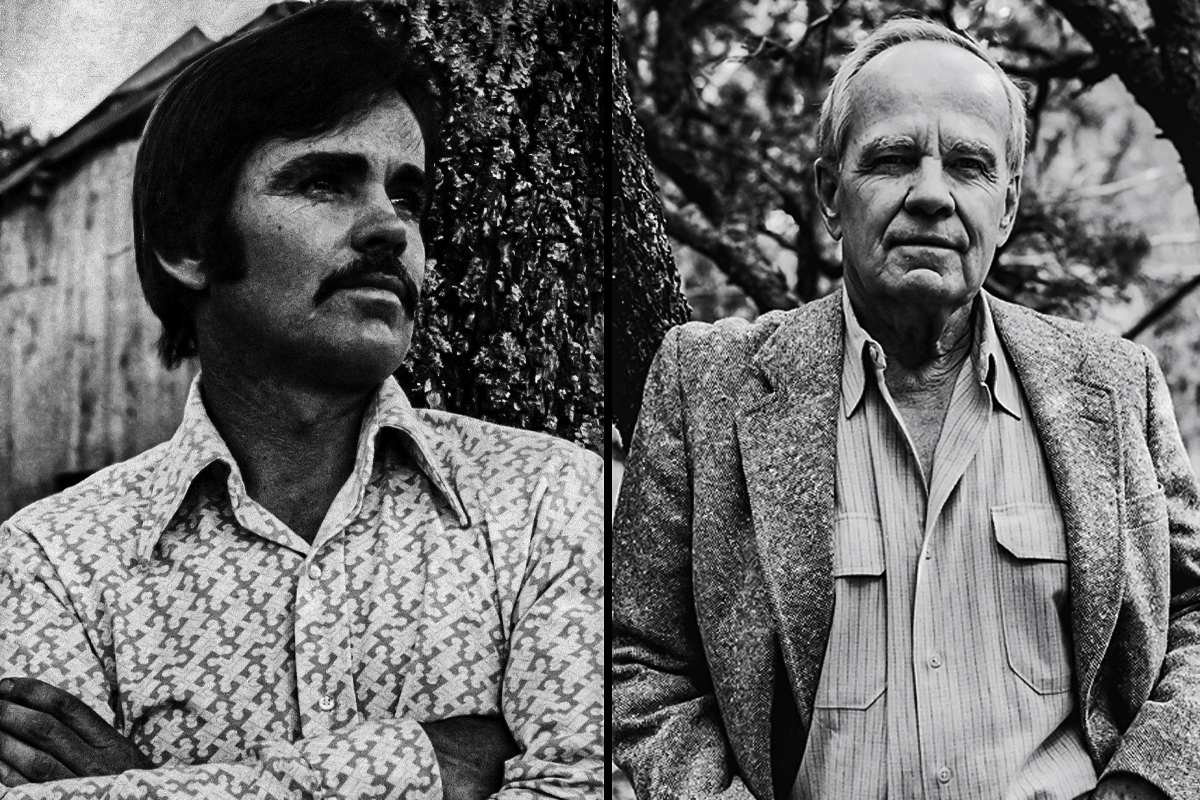

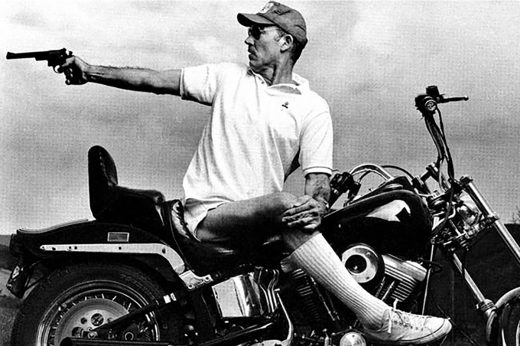
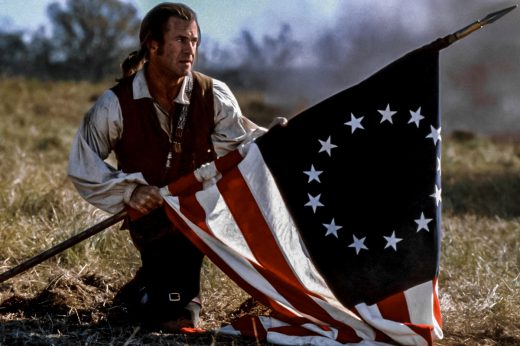
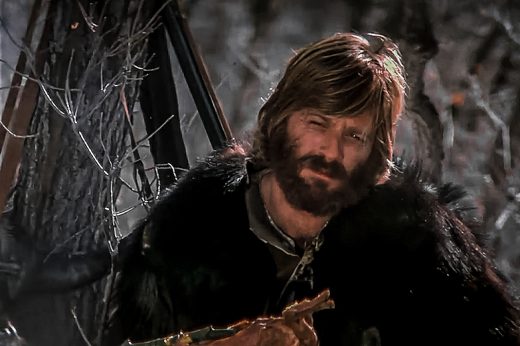


Comments